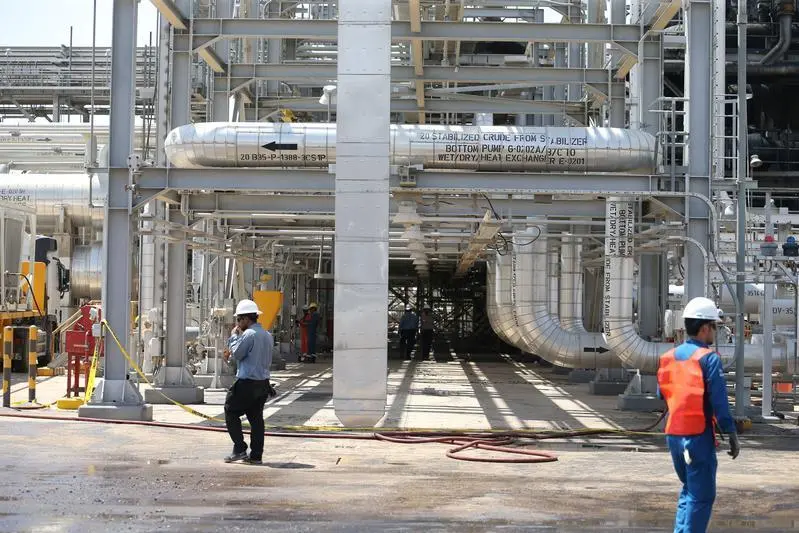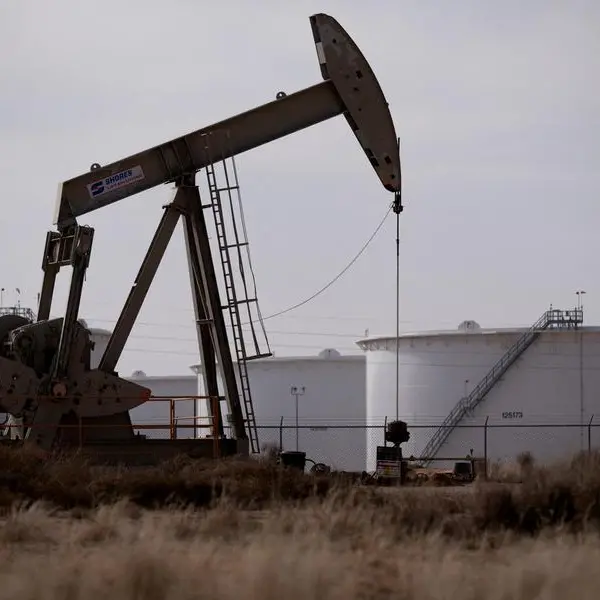PHOTO
OPEC oil output rose in June, a Reuters survey found, led by Saudi Arabia after an OPEC+ agreement to raise production, although the increase was limited as Iraq pumped below target to compensate for earlier overproduction.
The Organization of the Petroleum Exporting Countries pumped 27.02 million barrels per day last month, up 270,000 bpd from May's total, the survey showed on Friday, with Saudi Arabia making the largest increase.
OPEC+, which comprises OPEC and its allies including Russia, is accelerating its plan to unwind its most recent layer of output cuts. At the same time, some members are required to make extra cuts to compensate for earlier overproduction, in theory limiting the impact of the hikes.
Under an agreement by eight OPEC+ members covering June output, the five of them that are OPEC members - Algeria, Iraq, Kuwait, Saudi Arabia and the United Arab Emirates - were to raise output by 313,000 bpd before the effect of compensation cuts totalling 173,000 bpd for Iraq, Kuwait and the United Arab Emirates.
According to the survey, the actual increase by the five was 267,000 bpd, with Saudi Arabia accounting for 200,000 bpd, although it is still pumping less than its quota.
Iraq, which is under pressure to boost compliance with OPEC+ output quotas, curbed production, the survey found.
The United Arab Emirates raised output by 100,000 bpd but still pumped below its OPEC+ quota.
There is a wide range of estimates of output in Iraq and the UAE with many outside sources putting the countries' output higher than the countries themselves.
While the Reuters survey and data provided by OPEC's secondary sources show they are pumping close to the quotas, other estimates, such as those of the International Energy Agency, say they are pumping significantly more.
The Reuters survey aims to track supply to the market and is based on flows data from financial group LSEG, information from other companies that track flows such as Kpler, and information provided by sources at oil companies, OPEC and consultants.
(Additional reporting by Ahmad Ghaddar Editing by Emelia Sithole-Matarise)





















